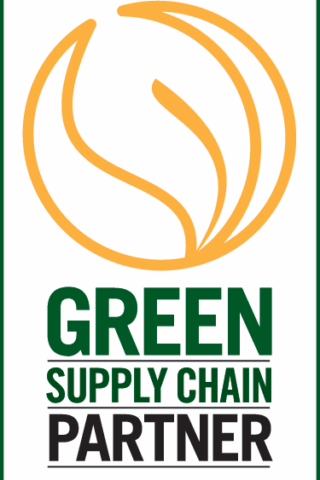Simon Angove, SupplyChainBrain.com, May 23, 2024
When it comes to environmental impact, the supply chain has a visibility problem — and not just between external partners.
Data sharing around sustainability initiatives between manufacturers, distributors and businesses within their ecosystems continues to be a struggle. A Deloitte study found that only 13% of companies can map their entire supply chain, and nearly three-quarters can’t see beyond their primary suppliers. That means supply chains miss plenty of opportunities to reduce empty miles and improve resource conservation.
But we don’t talk enough about what happens with this data once it’s shared. Research by Standard & Poor’s revealed that one in four companies manage more than 50 data silos, preventing R&D, sales, marketing, finance and distribution — among other departments — from seeing the same data at the same time to work collaboratively. When only R&D has access to information about how much plastic is used in manufacturing and shipping, finance can’t make accurate decisions about how to adjust spending on the resource. Distribution doesn’t have the data needed to fix operations to reduce waste, and so on. Bottom line: Communication must be improved both inside and outside the organization.
With more countries introducing regulations to combat climate change, supply chains need to be more proactive. And supply chains need to prepare to address growing sustainability issues and accurately report on their efforts.
Getting Data in Order
Before supply chains can implement effective sustainability initiatives, all participants need to be on the same page regarding data. Sources such as customer, product and location data must be visible across departments, as well as continually cleaned and up to date. Maintaining inconsistent data sets throughout the organization is a great way to sabotage collaboration.
To access the full article, click here.
To learn about the carbon neutral strategies that contribute to Onepak’s sustainability data, visit our Carbon Neutral Page.








